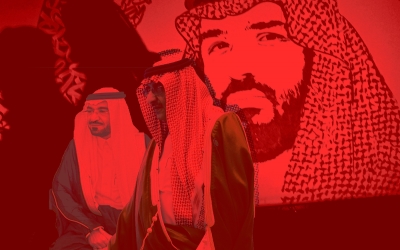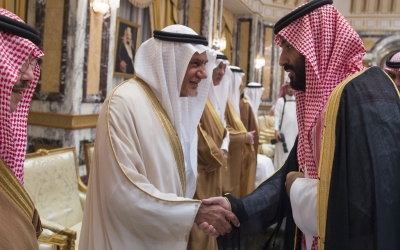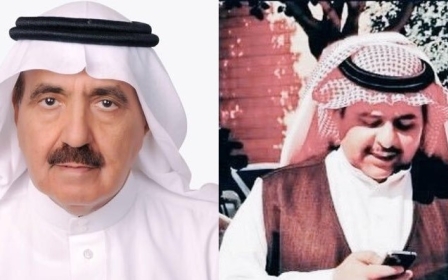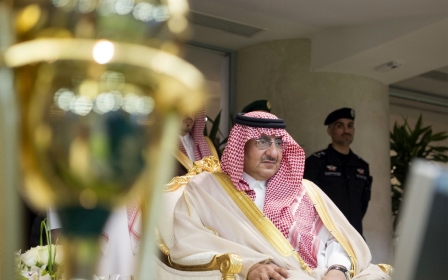Interpol rejects Saudi request to extradite ex-spy chief: Report
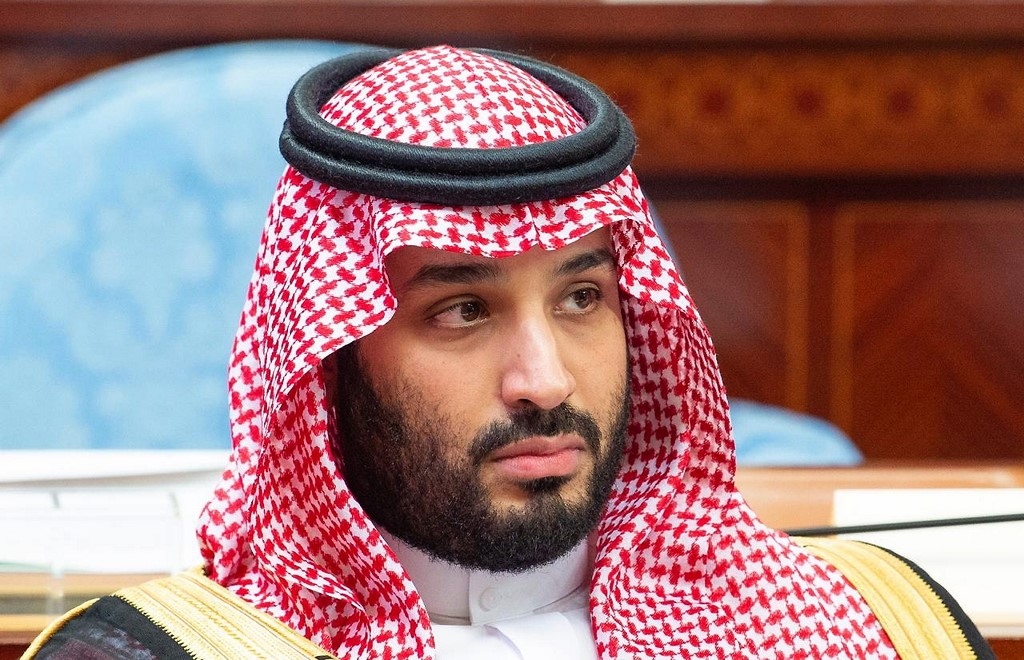
Interpol is understood to have rejected a request by Saudi Arabia to help detain former intelligence official Saad al-Jabri, who is living in exile in Canada and reportedly resisting pressure from Crown Prince Mohammed bin Salman (MBS) to return to the kingdom.
The New York Times reported on Friday that after trying to lure him back to the kingdom with the offer of a new job, Riyadh unsuccessfully attempted to have him extradited on corruption charges through the worldwide police cooperation organisation.
According to text messages and legal documents reviewed by the Times, instead of filing a Red Notice, which acts like an international arrest warrant, the Saudis filed a diffusion, which Interpol describes as a less formal way for Interpol members to request help from other nations.
Jabri told the Times that his name was in Interpol's system in December 2017, when he, his wife and other relatives were barred from flying from Turkey to Canada because their party contained another Saad al-Jabri, his infant grandson.
Still, the family managed to get to Canada via the United States, and according to a July 2018 Interpol document, successfully appealed Jabri's inclusion in the system.
The document, the Times said, did not detail the charges levied by Saudi Arabia against Jabri, or any evidence the kingdom had provided.
According to the Times, an Interpol commission viewed Saudi's Arabia's request as politically motivated - a violation of the organisation's rules - and questioned Riyadh's "lack of due process and human rights guarantees".
The commission reportedly cited MBS's crackdown in 2017, when hundreds of the kingdom's richest and most prominent businessmen were imprisoned in Riyadh's Ritz-Carlton hotel and accused of corruption, as "part of a political strategy by MBS to target any potential political rival or opposition".
Jabri, who was reportedly a key go-between for Western spy agencies, sought refuge in Canada in 2017, just days before his former boss, Mohammed bin Nayef, was ousted by MBS, his younger cousin, in a palace coup.
Middle East Eye first reported in March that after fleeing from Riyadh in 2017, Jabri was "chased" by Saudi authorities who were willing "to do anything to get him back".
According to a text obtained by the Times, MBS told Jabri in 2017: "You are involved in many large cases of corruption that have been proven... There is no state in the world that would refuse to turn you over."
'Abhorrent' tactics
Last week, the kingdom's state-controlled news media widely distributed an article published by The Wall Street Journal that cited unidentified Saudi officials accusing Jabri of having misspent billions of dollars in state funds to enrich himself and relatives.
One Saudi newspaper even published a "wanted" poster with Jabri's face on it, part of an apparent effort to tarnish his reputation in the kingdom.
According to the Globe and Mail, the Saudis have been pressuring Canada to extradite Jabri since late last year, even though Ottawa does not have an extradition treaty with Riyadh.
The kingdom has also found other ways to pressure Jabri into returning. In March, his two adult children - who had been barred from leaving the kingdom - were arrested at their Riyadh home. In May, Jabri's brother was arrested. None have contacted their relatives, according to Jabri's son Khalid, who is based in Canada.
According to Human Rights Watch, no charges have been laid against the three and no reason has been given for their detention.
"Saudi authorities are sinking to new lows in going after the families of former officials out of favour with the current leadership," Michael Page, the deputy Middle East director at Human Rights Watch, said in May.
"How can anyone describe the Saudi leadership as reformist while it's arbitrarily detaining the children of former officials?"
The moves against Jabri have drawn attention in Washington, where many officials view him as a valuable intelligence partner.
"The Saudi royal family is holding Sarah and Omar al-Jabri as hostages," Senator Patrick Leahy of Vermont wrote on Twitter this month, with an accompanying letter co-signed by three other senators addressed to US President Donald Trump.
"For a government to use such tactics is abhorrent. They should be released immediately."
Since deposing bin Nayef three years ago, MBS has centralised power and targeted any and all perceived foes and potential opponents. He's arrested several members of the royal family, including his uncle - Prince Faisal bin Abdullah al-Saud, the son of the late King Abdullah.
MEE reported in March that four members of the Allegiance Council had been targeted by MBS. Three members had been either jailed or questioned, while a fourth obtained nationality from Cyprus in a bid to escape.
Middle East Eye propose une couverture et une analyse indépendantes et incomparables du Moyen-Orient, de l’Afrique du Nord et d’autres régions du monde. Pour en savoir plus sur la reprise de ce contenu et les frais qui s’appliquent, veuillez remplir ce formulaire [en anglais]. Pour en savoir plus sur MEE, cliquez ici [en anglais].


